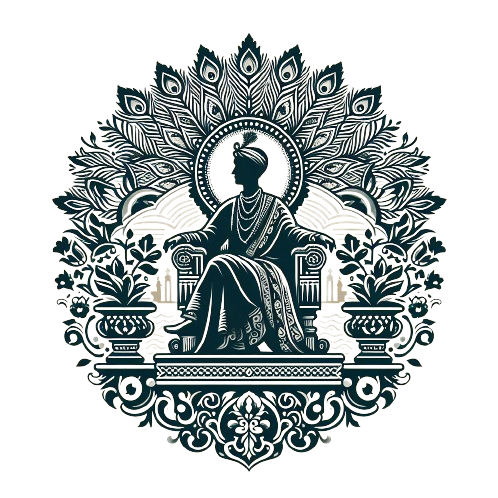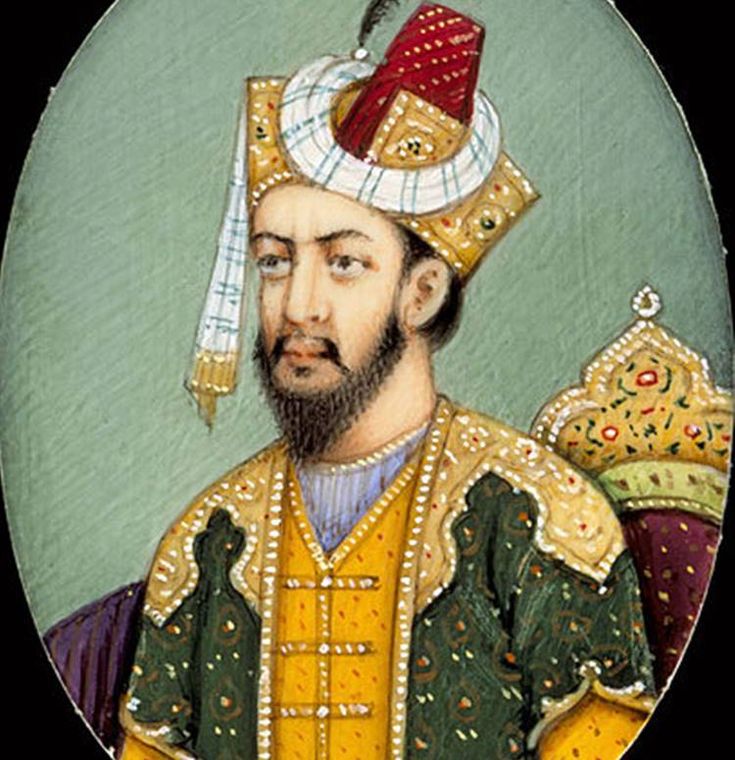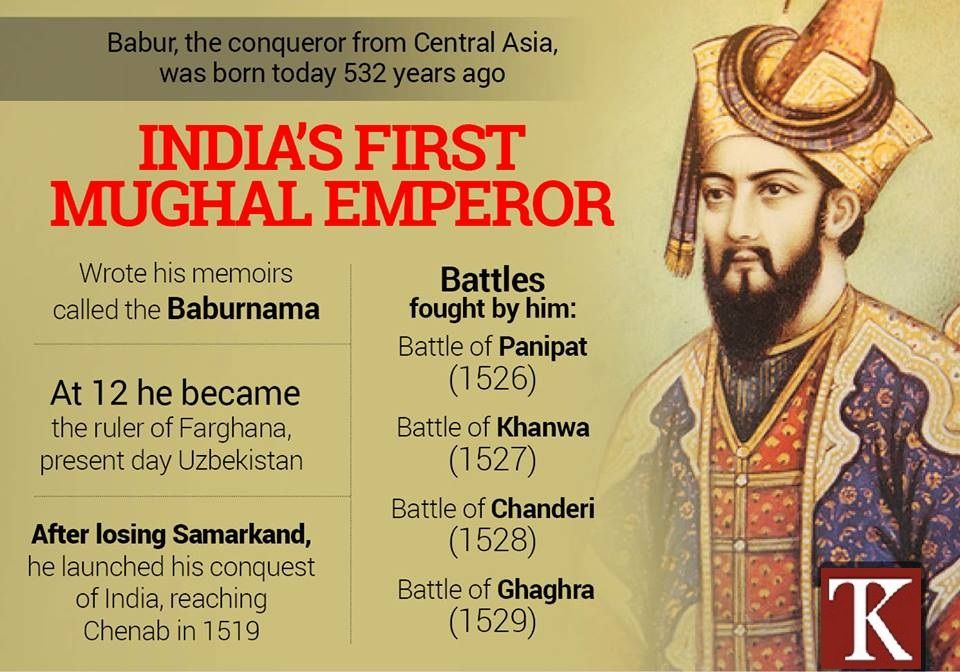Exploring the Life and Reign of the Second Mughal Emperor
The turbulent history of India during the late 15th century found its most vivid expression in Humayun, the second Mughal emperor, who succeeded in consolidating the power base and enriching the Mughal state. Humayun, born into Babur’s family line in 1508 in Kabul, showed leadership qualities from an early age, imbuing him with the zest for ruling their dynasty. Humayun became the Mughal ruler in 1530 after the demise of his father. However, prior to his reign, Humayun had to overcome various obstacles such as exile and rivals contending for his right to the throne. Despite this, his reign witnessed the streamlining of governance and centralization of authority, leading to the restoration and stabilization of his rule. Culturally, he led the improvement, evident in his architectural masterpieces like Humayun’s Tomb and the advancement of scholarship, contributing to the blossom of Mughal art and learning. Despite enduring military setbacks, notably losing power to Sher Shah Suri, he regained his throne with his son, Akbar, by his side. Despite a short span marked by mixed fortunes, including success, misery, and unforeseen adventures, Humayun’s legacy of Mughal rule and cultural involvement firmly entrenched his name in the annals of Indian history.


